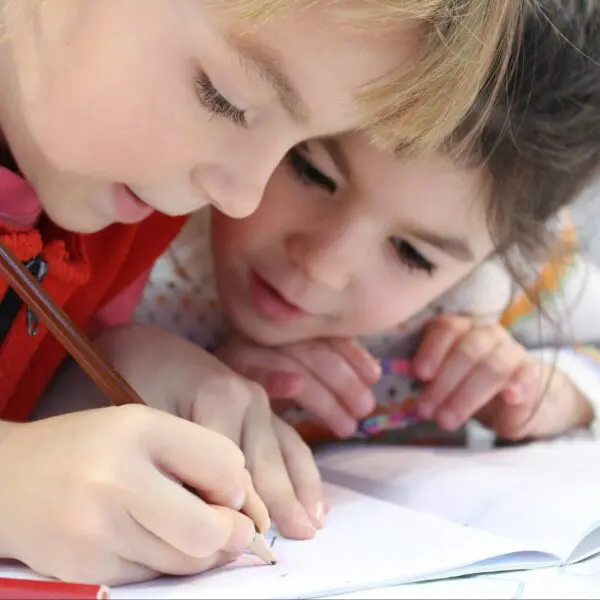
Amsterdam, Netherlands
Mental Health, Youth and Society
When:
25 June - 15 July 2026
Credits:
6 EC
Read more
Social Sciences
When:
04 July - 08 July 2022
School:
Institution:
Radboud University
City:
Country:
Language:
English
Credits:
2 EC
Fee:
500 EUR

This interactive course focuses on the role of peer relationships in child and adolescent development. Participants will gain extensive knowledge of past and current peer relations research, and can discuss their own work.
Prof. Toon Cillessen Department of Social Development Behavioural Science Institute Radboud University
• Master
• PhD
• Post-doc
The course is designed for Research Master's students or PhD students in the social and behavioural sciences (e.g., psychology, pedagogics, sociology, and educational sciences), marketing and communication sciences, medicine, or related fields.
Regular Master's students or Advanced Bachelor's students who have strong interest in or experience with peer relations research are also welcome.
After this course you are able to:
1. Understand the main theories and basic methods in peer relations research.
2. Understand the importance of friendship, social status, and social behaviours for child and adolescent development.
3. Use state of the art research measures and paradigms to assess peer relations and interactions.
4. Apply recently acquired knowledge into the design of new peer relations research.
Fee
500 EUR, The fee includes the registration fees, course materials, access to library and IT facilities, coffee/tea, lunch, and a number of social activities.
When:
04 July - 08 July 2022
School:
Institution:
Radboud University
Language:
English
Credits:
2 EC

Amsterdam, Netherlands
When:
25 June - 15 July 2026
Credits:
6 EC
Read more

Utrecht, Netherlands
When:
17 August - 21 August 2026
Credits:
1.5 EC
Read more

La Rochelle, France
When:
30 May - 13 June 2026
Credits:
7.5 EC
Read more